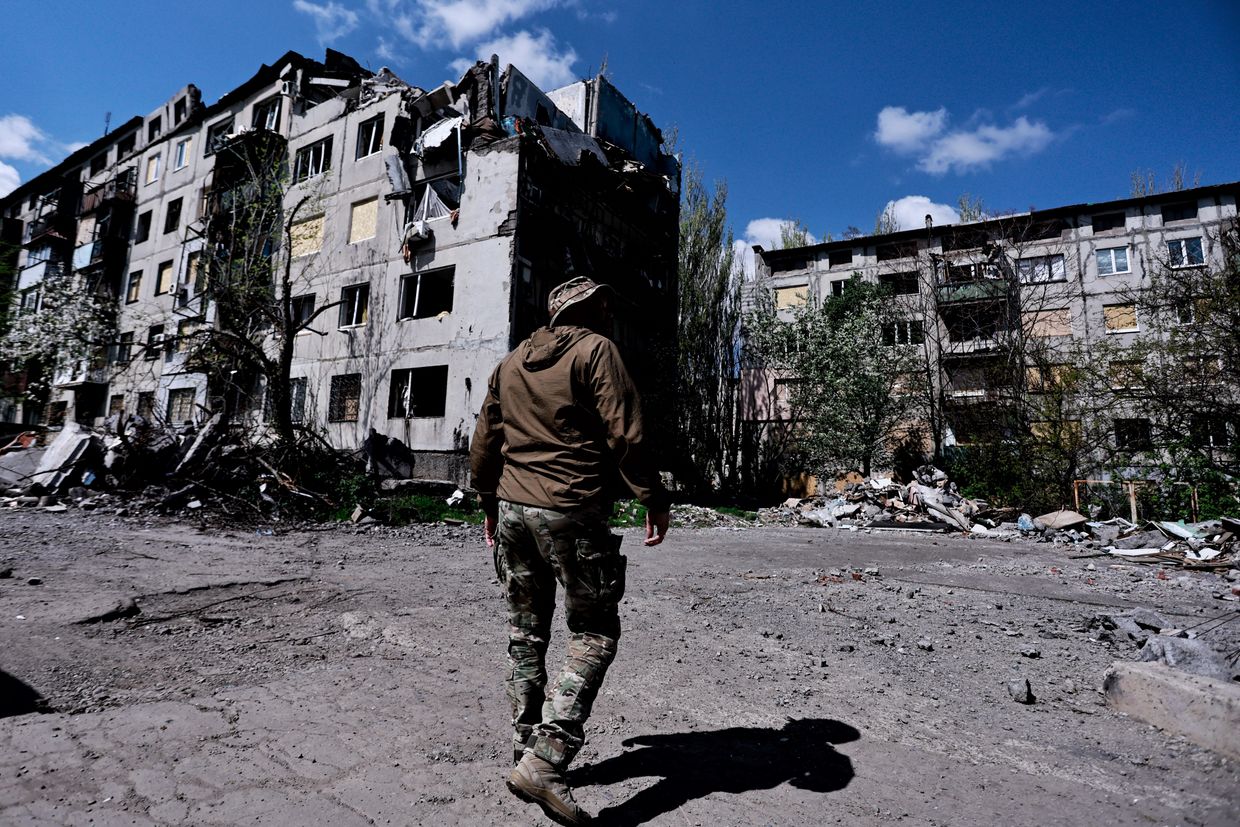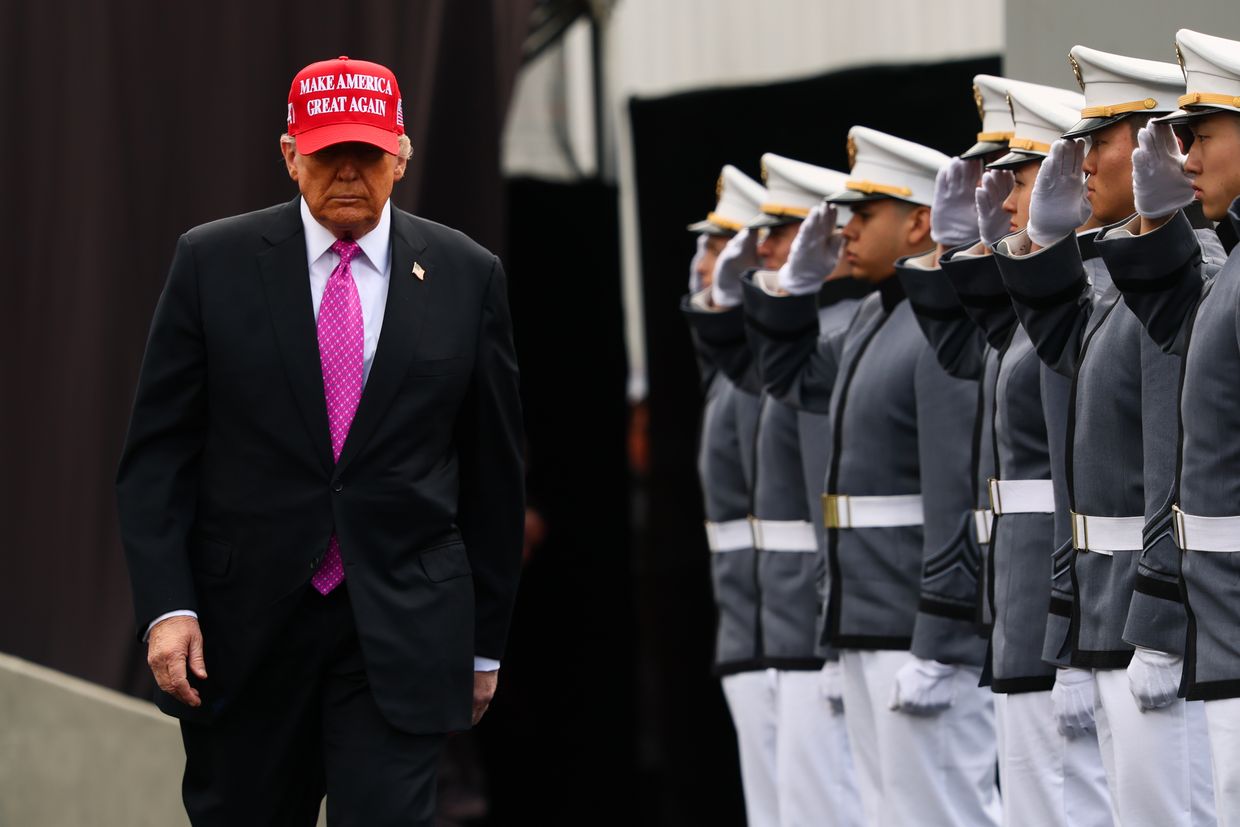As peace efforts falter, Russia eyes major summer push in Donetsk Oblast

Ukrainian military officials and defense analysts warn that Russia is preparing for a major offensive in Ukraine's eastern Donetsk Oblast this summer, aiming to seize the territory it has failed to fully control since 2022.
Some analysts interviewed by the Washington Post say the offensive has already begun, coinciding with stalled U.S.-brokered peace efforts and Moscow's rejection of repeated Western ceasefire calls. U.S. experts believe President Vladimir Putin remains convinced that a military victory is still possible, although continued sanctions and battlefield losses have strained Russia's capabilities.
Putin has long prioritized control over the entire Donetsk region, especially after failing to capture Kyiv early in the war. In September 2022, he declared Donetsk and three other partially occupied Ukrainian oblasts as part of the Russian Federation.
While Russia claims to seek peace, it insists that talks must address what it calls the "root causes" of the war. After direct negotiations between Russia and Ukraine in Istanbul on May 16, both sides agreed to draft a memorandum outlining principles for a future settlement.
Analysts say that while the main offensive will focus on Donetsk—particularly the towns of Pokrovsk and Kostiantynivka—Russia is also preparing smaller operations in Ukraine's northeastern Sumy and Kharkiv oblasts.
Mykola Bielieskov of Ukraine's National Institute for Strategic Studies told the Washington Post that Kostiantynivka remains a key target as it is a "promising" prospect for the Russian forces at present, he said, given Russia's ability to attack it from three directions. Despite past predictions that these towns would fall by late 2023, Ukrainian forces have continued to hold them through significant effort.
Ukraine, however, remains under strain due to recruitment shortfalls and limited firepower, while Russia has exceeded its military recruitment goals. Still, with around 125,000 troops on the Sumy and Kharkiv borders, Russia lacks the manpower for full-scale offensives in both regions, according to Ukrainian military intelligence.
Instead, Russia may attempt to seize small territories to create "buffer zones," as described by Russian officials. Russian forces have already taken four villages in northeastern Sumy Oblast and aim to pressure regional centers like Sumy city.
Ukraine continues to focus on defense, aiming to inflict heavy losses on Russian forces rather than reclaim territory. This strategy hinges on sustained foreign weapons supplies, especially from the U.S., which are not guaranteed.
Europe has signaled increased support, with German Chancellor Friedrich Merz recently lifting restrictions on Ukraine's use of long-range weapons. Russia has seized on this move as proof that Europe opposes peace. Russian Foreign Minister Sergei Lavrov responded to U.S. President Donald Trump's criticism of Russian airstrikes by saying Trump's frustration is directed at European leaders for allegedly undermining his peace efforts.













